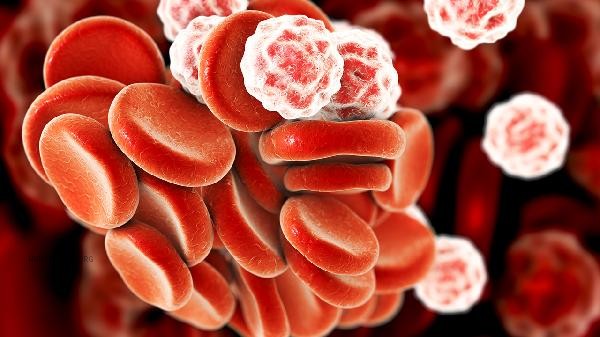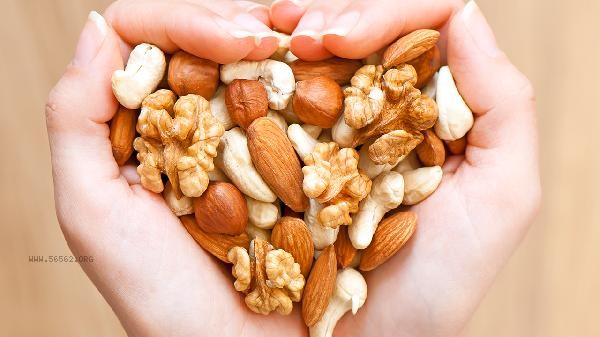High fat and high cholesterol foods mainly include animal organs, fatty meat, fried foods, cream products, egg yolks, etc. Long term excessive intake of such foods may increase the risk of cardiovascular disease, and it is recommended to control consumption and pair with vegetables, fruits, and whole grains.

1. Animal organs
Pig liver, chicken liver, duck liver and other animal organs contain a large amount of cholesterol, with a cholesterol content of over 300 milligrams per 100 grams of pig liver. Animal organs are also rich in saturated fatty acids, and long-term consumption in large quantities may affect blood lipid metabolism. It is recommended to consume no more than twice a month, and patients with hypertension or hyperlipidemia should further reduce their intake.
2. Fatty meat
Pork belly, beef brisket, pig trotters and other fatty parts contain a large amount of saturated fat, and the fat content in fatty meat can reach more than 30%. This type of fat is solid at room temperature, and excessive intake can easily lead to an increase in low-density lipoprotein cholesterol. When cooking, blanch to remove some fat or choose lean meat as a substitute.
3. Fried food
deep-fried dough sticks, fried chicken, potato chips and other foods that have been fried at high temperature will absorb a lot of oil and produce trans fatty acids. Trans fatty acids can increase levels of bad cholesterol, and it is recommended to consume them no more than once a week. When cooking at home, you can use an air fryer or oven to reduce oil consumption.

4. Cream products
Butter, cream cakes, ice cream and other dairy products contain a lot of saturated fat, with 100 grams of butter containing more than 80 grams of fat. These types of foods often contain refined sugars, which double the metabolic burden. Low fat dairy products can be chosen as a substitute, and it is recommended to control the daily intake of cream within 20 grams.
5. Egg Yolk
Egg yolks have a high cholesterol content, with each yolk containing approximately 200 milligrams of cholesterol. But egg yolks are rich in both lecithin and vitamin D, and healthy individuals can consume one whole egg per day. Patients with hypercholesterolemia can reduce to 3-4 egg yolks per week or switch to egg whites instead. While controlling the intake of high-fat and high cholesterol foods, it is recommended to increase the intake of foods rich in unsaturated fatty acids such as oats, deep-sea fish, and nuts. Regular aerobic exercise can help improve blood lipid metabolism, with 150 minutes of moderate intensity exercise per week. Regularly check blood lipid indicators, and people over 40 years old should undergo at least one blood lipid test per year. When cooking, use low-temperature methods such as steaming and stewing to avoid repeated high-temperature frying. Maintain a diverse dietary structure and limit daily fat intake to 20-30% of total energy.









Comments (0)
Leave a Comment
No comments yet
Be the first to share your thoughts!